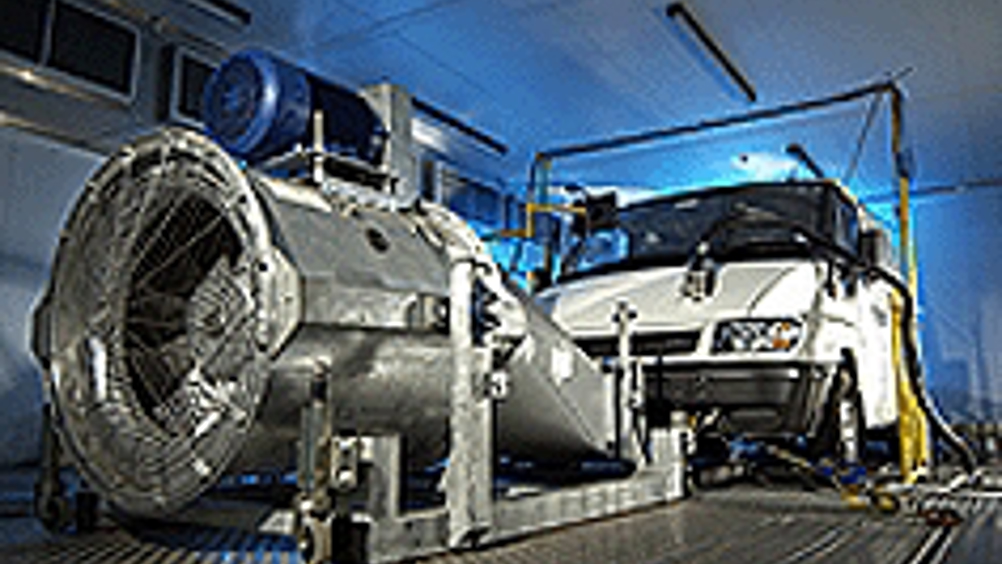Team fuels diesel car efficiency
Engineers from BP, Ford and Bath University have jointly developed hardware and lubricant technologies to achieve an eight per cent fuel-efficiency improvement in diesel cars.

The team, which was involved in a three-year project sponsored by the Technology Strategy Board, fought off competition from 1,300 applications to receive the BP Helios Progressive Award, which acknowledges teams that have built new business opportunities.
The group has since secured further funding from the board to adapt the ideas and lessons learnt during their research to improve the fuel efficiency of combustion engines and of the UK’s vehicle fleet.
Dr Chris Brace from Bath University, said: ‘There is still much work to be done to reduce fuel burn and hence CO2 from diesel engines; the eight per cent reduction was challenging but the new project will require us to tread new ground.’
Register now to continue reading
Thanks for visiting The Engineer. You’ve now reached your monthly limit of news stories. Register for free to unlock unlimited access to all of our news coverage, as well as premium content including opinion, in-depth features and special reports.
Benefits of registering
-
In-depth insights and coverage of key emerging trends
-
Unrestricted access to special reports throughout the year
-
Daily technology news delivered straight to your inbox










Water Sector Talent Exodus Could Cripple The Sector
Well let´s do a little experiment. My last (10.4.25) half-yearly water/waste water bill from Severn Trent was £98.29. How much does not-for-profit Dŵr...